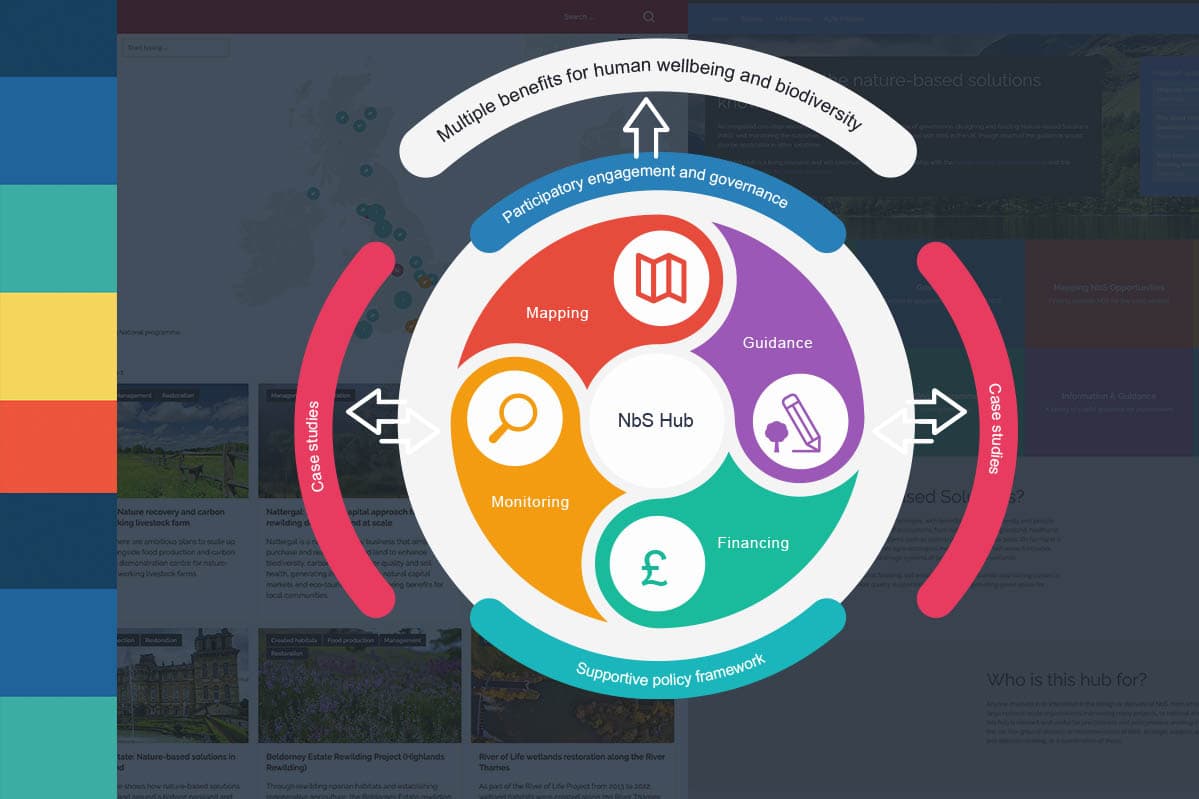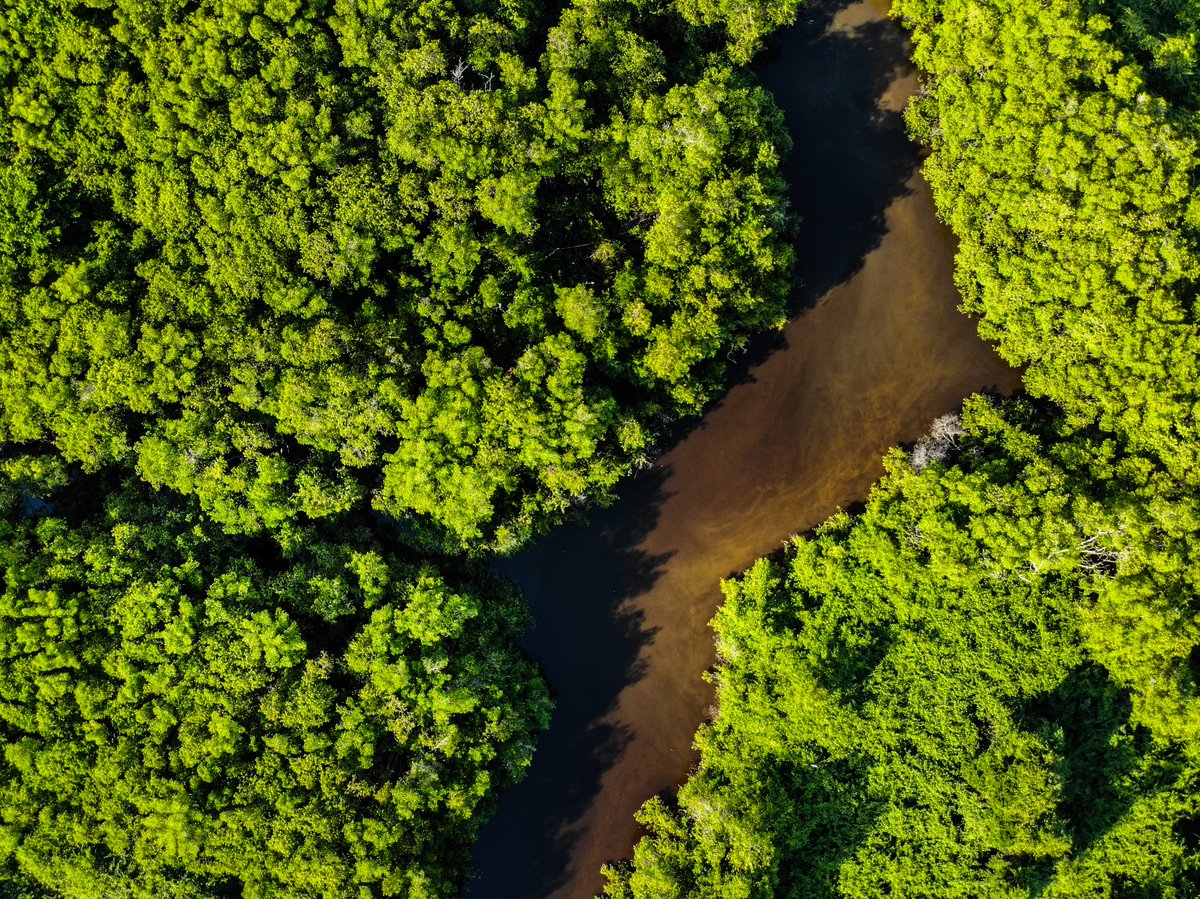Going beyond market-based mechanisms to finance nature-based solutions and foster sustainable futures

Investments in activities that exploit and destroy biodiversity and its ecosystems currently outweigh investments in restoration and preservation. Subsidies for extractive industries total 1.8 trillion USD per year, while the finance and funding gap for biodiversity is estimated to be up to 891.3 billion USD. To address the biodiversity funding gap, calls have been made to increase private finance through market-based mechanisms, such as natural capital markets, which aim to leverage finance for nature-based solutions (NbS).
However, there are potential pitfalls in relying solely on market-based mechanisms. Recent research on NbS highlights five key limitations and pitfalls of a narrow focus on natural capital markets: limits to scalability, reinforcing the separation between people and nature, a limited view of barriers to scaling NbS, challenges in governance and achieving equity for indigenous peoples and local communities, and reinforcement of Global North and Global South power imbalances.
To ensure that private finance mechanisms support high-integrity NbS, the authors put forward four recommendations. Firstly, NbS should be recognized as place-based partnerships between people and nature that harness diverse values. Secondly, indigenous peoples and local communities (IPLCs) should be recognized as leaders of NbS, rather than beneficiaries or passive partners. Thirdly, alternative modes of finance beyond market-based mechanisms should be explored. Finally, governments must decenter GDP growth as a core economic and political target and refocus on human and ecological well-being.
The authors stress that financial instruments and natural capital markets must address both justice and biodiversity protection as one cannot be realized without the other. They call for a balance between scaling up natural capital markets and alternative modes of finance such as fiscal policy measures, debt relief schemes, or decolonial climate reparations. Ultimately, achieving the Convention on Biological Diversity 2050 vision of ‘living in harmony with nature’ requires addressing power, politics, and justice issues that shape flows of money and capital. The authors stress that NbS must simultaneously not distract attention from reducing emissions associated with fossil fuel use.
Read the full article for more details.




